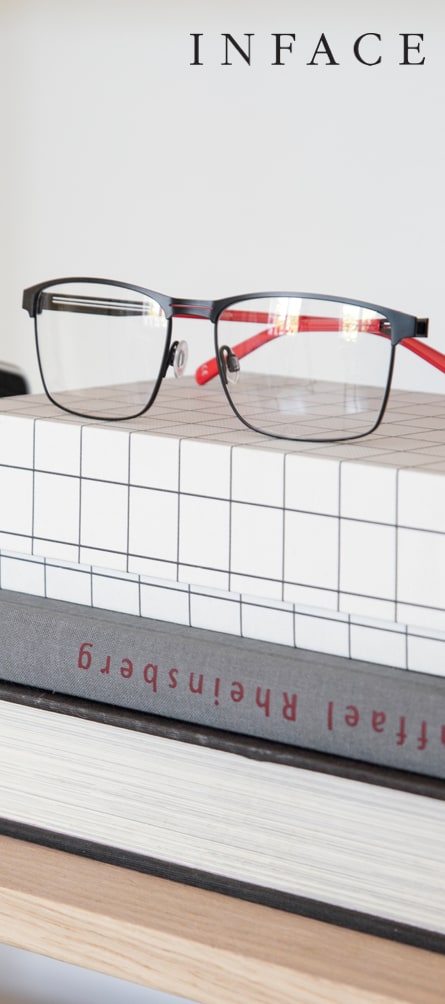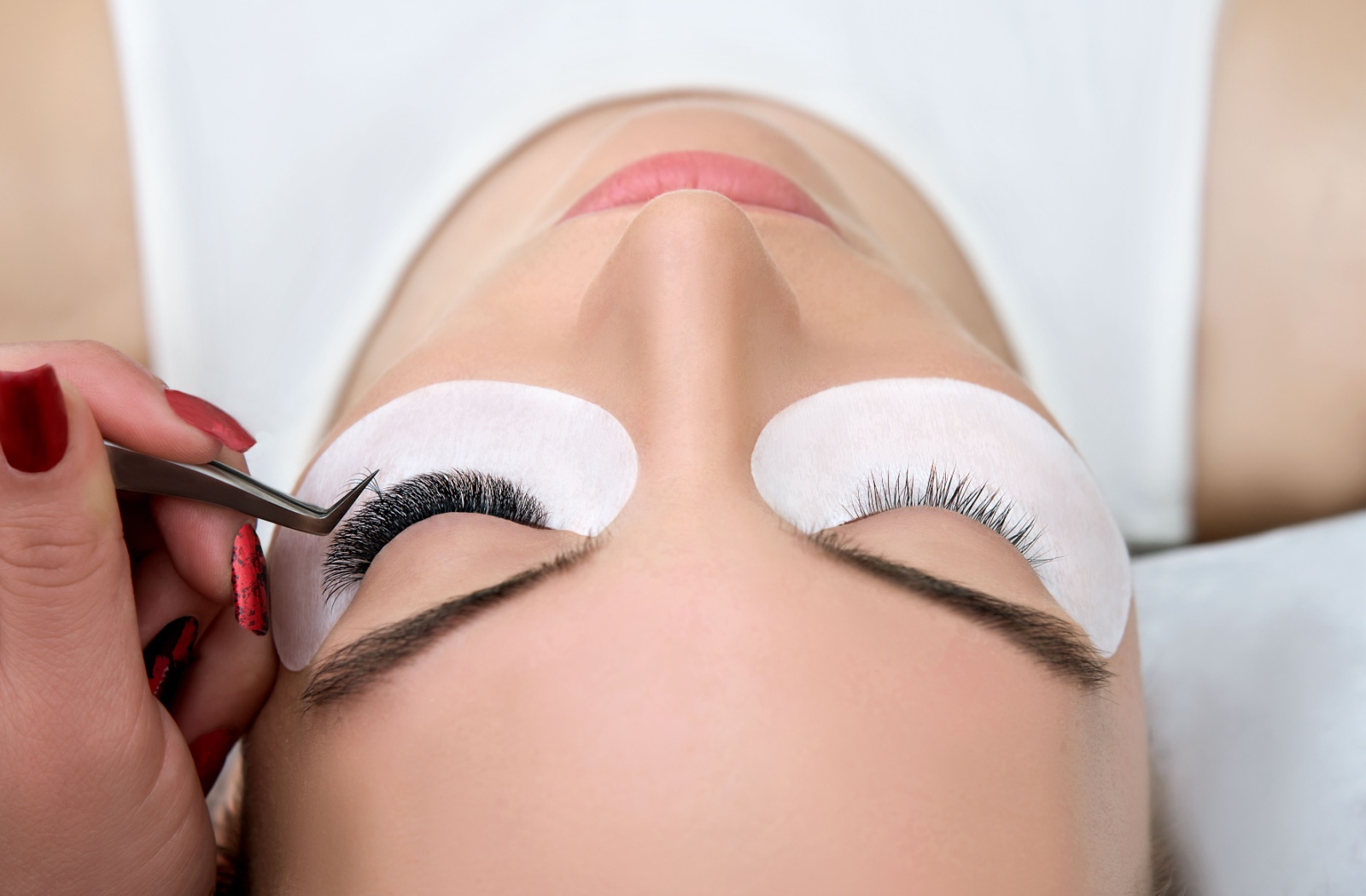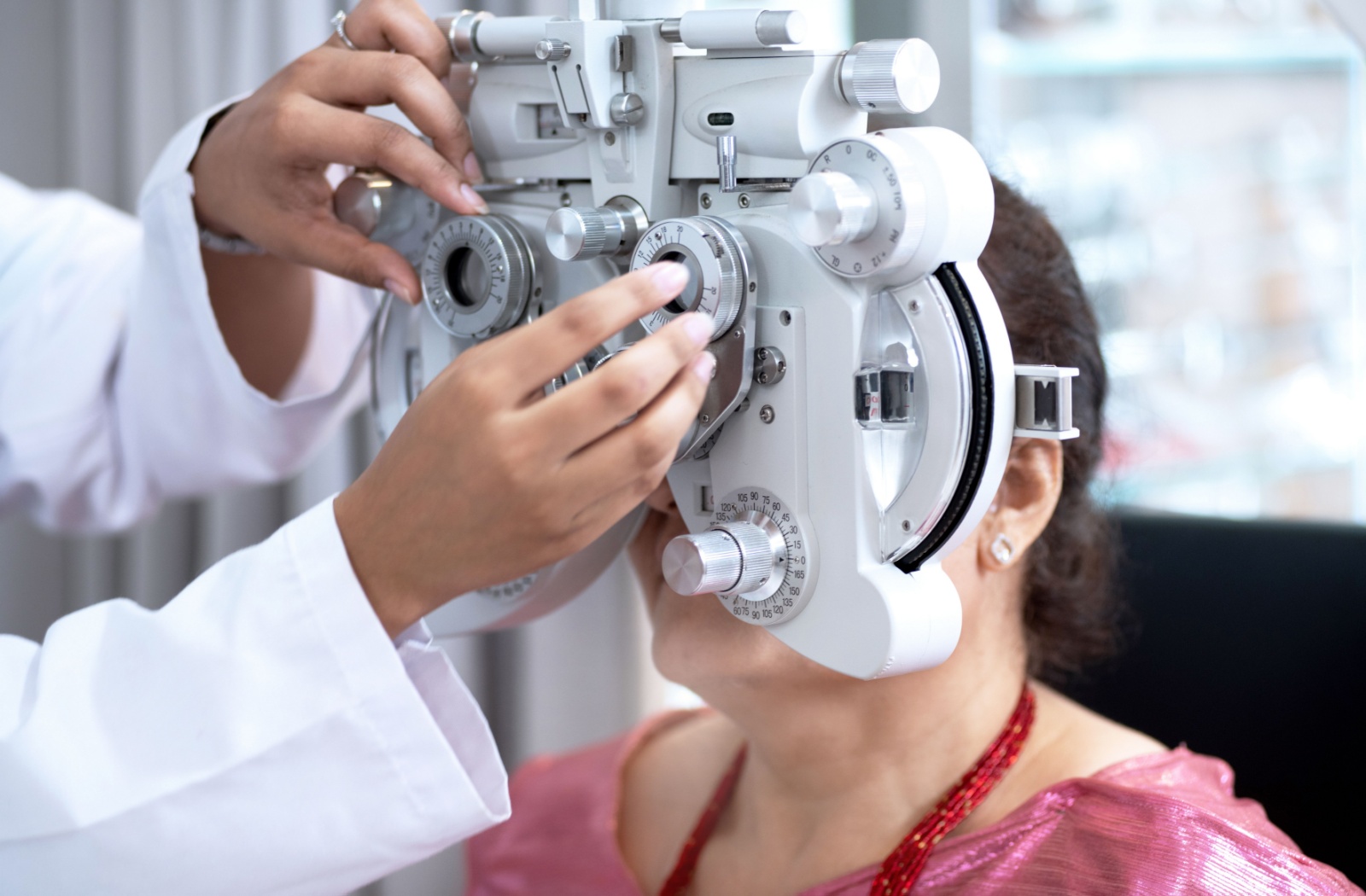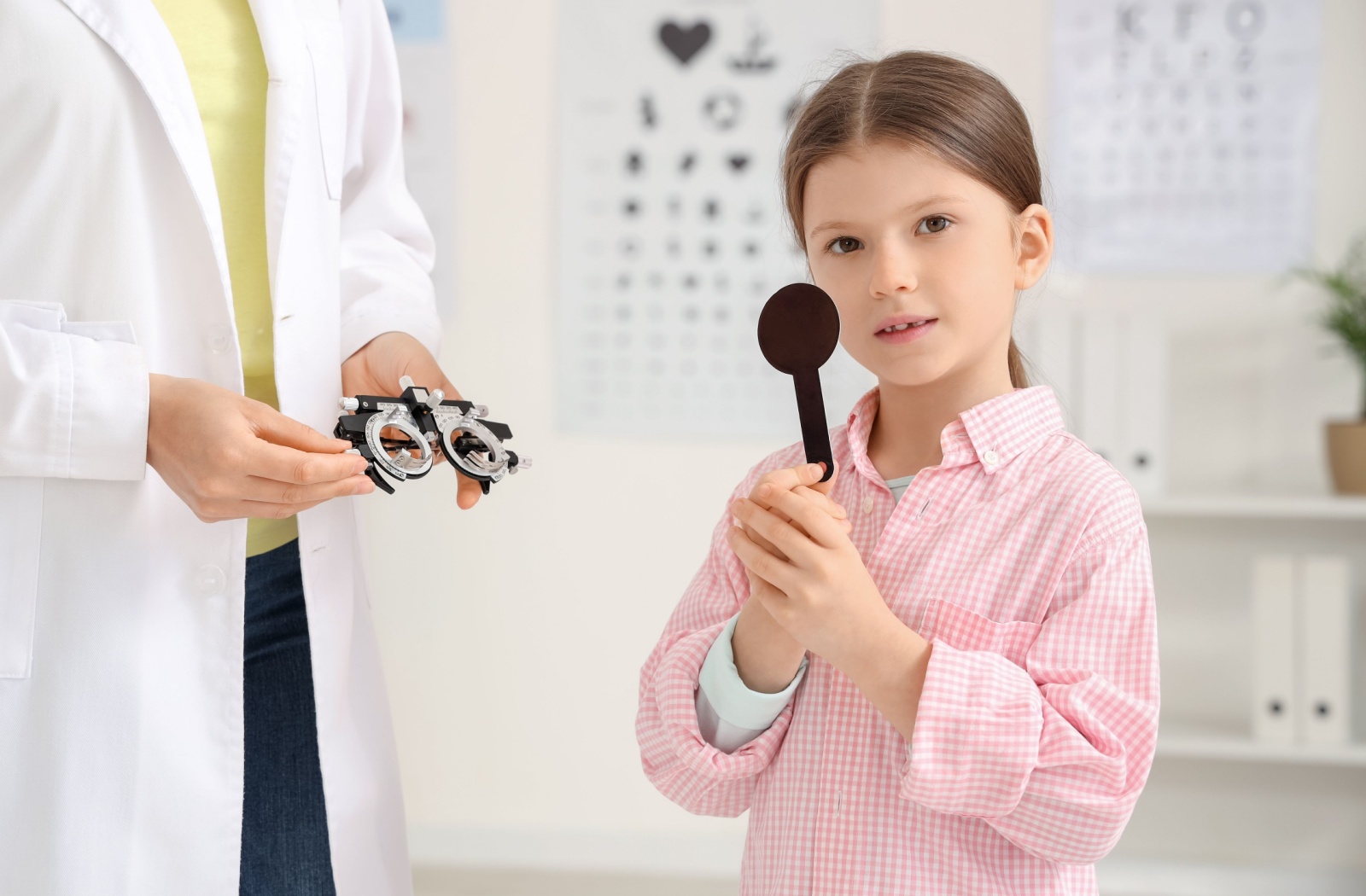Act Quickly to Save Your Sight
Eye care emergencies happen, and when they do, you must act quickly.
If you are experiencing an eye emergency, contact us to book an emergency appointment. If we are unavailable, please go directly to your nearest emergency room.

Signs of an Eye Emergency
Some symptoms should never be ignored. If you experience vision loss of any kind, please treat this as a medical emergency and contact us immediately.
Other symptoms of an eye care emergency include:
- Bleeding
- Bruising
- Vision loss
- Double vision
- Eye pain
- Headache
- Itchy eyes
- Pupils of different sizes
- Extreme redness
- Sensitivity to light
- Stinging or burning
If you cannot reach our team, please go directly to your nearest emergency room.
Types of Eye Emergencies
There are several types of eye emergencies that can threaten your sight. They should all be taken seriously. Should you have any questions, please do not hesitate to contact us.
Acute Angle-Closure Glaucoma
When the drainage channels in your eye become blocked suddenly, it can result in a severe increase in intraocular pressure.
This is known as acute angle-closure glaucoma and it results from the iris and cornea moving closer together, cutting off the eye’s ability to drain fluid.
Symptoms of acute angle-closure glaucoma include eye pain, nausea, and a severe headache. This is a medical emergency and must be dealt with immediately.
To read more about other types of glaucoma, please visit our Eye Disease Diagnosis & Management page.
Trauma to the Eye Area
If you get hit in the eye area with force, you may end up with a black eye, pain, blurred vision, or bleeding. Applying a cold compress may reduce pain or swelling, but be careful not to apply any pressure.
Trauma to the eye area can cause retinal detachments, so any visual disturbances after impact should be treated seriously.
Flashes & Floaters
Shadows in your field of vision that look like specks, spots, or cobwebs are called floaters. Seeing them is a relatively common occurrence, but if there are new or increased numbers of these floaters, it can be a cause of concern.
The presence of too many floaters or the sudden onset of new floaters may indicate a retinal detachment. Retinal detachments are serious medical emergencies and urgent action is needed to protect your sight.
Seeing flashes of light in your visual field is also a potential warning sign of a retinal detachment.
Chemical Splashes
Chemical splashes require flushing your eye with clean, lukewarm water for at least 20 minutes. If you wear contact lenses, remove them before flushing to avoid trapping chemicals between the lens and the eye.
Do not rub your eye or use eye drops unless directed to do so by a medical professional. Whenever possible, you should have someone call a medical professional with a description of the chemical in order to receive further instructions.
Cuts, Scrapes, & Punctures
Cuts, scrapes, and punctures to the eye require emergency medical attention. If such injury occurs, be sure to gently cover the eye to minimize movement. Be careful to not apply pressure to the eye when covering it.
Do not rinse your eye with water if it has been cut, scraped, or punctured. You should not take pain relievers or anti-inflammatory drugs until you are seen by a professional as these drugs might increase bleeding.
After you have finished protecting the eye, get emergency medical help.
Foreign Objects
You may be able to remove small items such as dust or grains of sand from the eye by thoroughly flushing with lukewarm water. However, if the object is larger and cannot be removed with flushing, seek immediate medical attention.
Never use tweezers or other tools near the eye area and do not attempt to dislodge large objects on your own.
Avoid Loss of Sight
To protect your sight, be sure to get immediate care for eye emergencies. Your vision is too important to take chances with. Do not “wait and see” if your eye heals. Contact us immediately.
OUR LOCATION
Visit Advance Eye Care Center in Regina, for all your eye care needs. We offer a number of services, including:
- Adult & Senior Eye Exams
- Children’s Eye Exams
- Diabetic Eye Exams
- Dry Eye Therapy
- Eye Disease Diagnosis & Management
- Trigeminal Dysphoria Treatment
- And more!
Interested in our services? Book an appointment below.
AECC Regina
- 3617B Pasqua Street
- Regina, SK S4S 6W8
Hours of Operation
- Monday: 8:00 AM – 5:00 PM
- Tuesday: 8:00 AM – 5:00 PM
- Wednesday: 8:00 AM – 5:00 PM
- Thursday: 8:00 AM – 8:00 PM
- Friday: 8:00 AM – 5:00 PM
- Saturday: 8:00 AM – 1:00 PM
- Sunday: Closed
*in July and August we are closed on Saturdays and open 8:00 AM – 5:00 PM on Thursdays
Our Brands



See Our Google Reviews
Our Blog
Blepharitis from Eyelash Extensions: Signs It’s Time to See Your Eye Doctor
Eye Care, Eye Conditions & TreatmentsEyelash extensions are a popular beauty trend, offering fuller, longer lashes without daily mascara application. But as stunning as they look, they can sometimes lead to an uncomfortable condition known as blepharitis. If you’ve noticed redness, irritation, or crusting around your eyelash line after getting extensions, despite proper care, it’s time to see your eye […]
Eye Exam Regina: What to Expect
Eye Exams, Eye HealthMaintaining healthy vision is a crucial part of overall well-being. Yet, eye exams are often overlooked until something feels wrong. Regular eye exams help detect early signs of vision issues and identify health conditions such as diabetes, glaucoma, and even hypertension. Some common tests you can expect during an eye exam in Regina include: There […]
Myopia Control Lenses: How They Work & Why They’re Effective for Slowing Nearsightedness
Children’s Eye Care, Contact Lenses, MyopiaMyopia, commonly known as nearsightedness, is one of the most widespread vision concerns among school-aged children. While glasses or contact lenses can provide clear vision, they don’t prevent the condition from worsening over time. That’s where myopia control lenses come in. Myopia control lenses work by correcting blurred vision while gently defocusing peripheral vision, which […]
Blepharitis from Eyelash Extensions: Signs It’s Time to See Your Eye Doctor

Eyelash extensions are a popular beauty trend, offering fuller, longer lashes without daily mascara application. But as stunning as they look, they can sometimes lead to an uncomfortable condition known as blepharitis. If you’ve noticed redness, irritation, or crusting around your eyelash line after getting extensions, despite proper care, it’s time to see your eye […]
Eye Exam Regina: What to Expect

Maintaining healthy vision is a crucial part of overall well-being. Yet, eye exams are often overlooked until something feels wrong. Regular eye exams help detect early signs of vision issues and identify health conditions such as diabetes, glaucoma, and even hypertension. Some common tests you can expect during an eye exam in Regina include: There […]
Myopia Control Lenses: How They Work & Why They’re Effective for Slowing Nearsightedness

Myopia, commonly known as nearsightedness, is one of the most widespread vision concerns among school-aged children. While glasses or contact lenses can provide clear vision, they don’t prevent the condition from worsening over time. That’s where myopia control lenses come in. Myopia control lenses work by correcting blurred vision while gently defocusing peripheral vision, which […]


